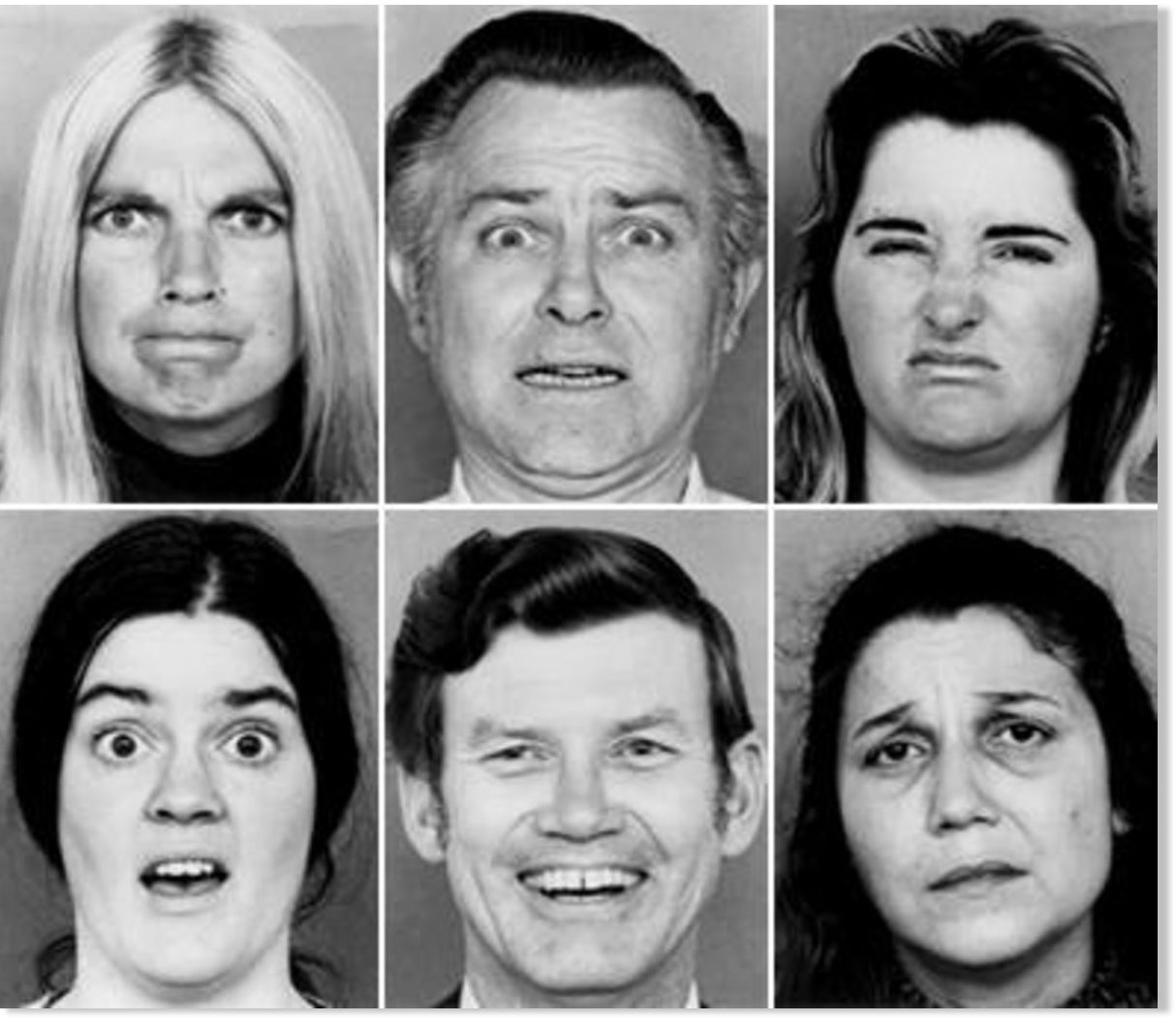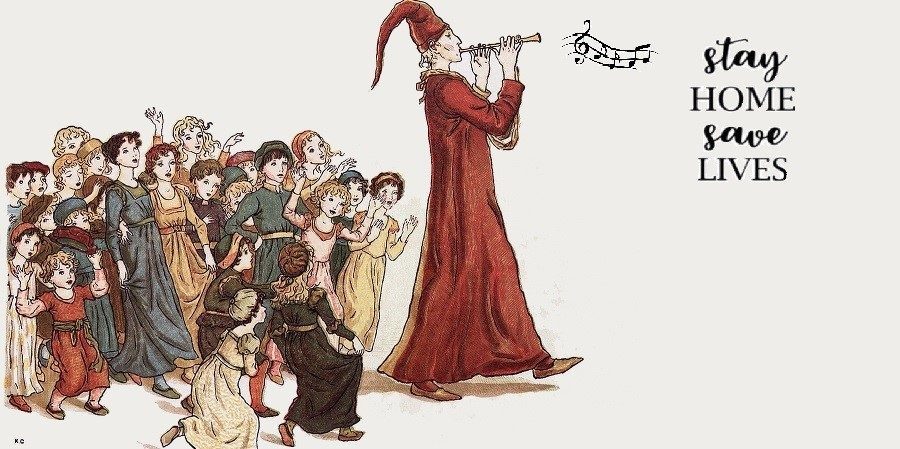anka
The Living Force
Crystal ball sounds like disco
What you mean is a mirror ball, if I am not mistaken. Crystal one is in the first picture, the disco thing in the second.
Crystal ball sounds like disco







According to the understanding of the Federal Constitutional Court, human dignity gives rise to the right of every human being to be treated in all state proceedings always as a subject and never as a mere object.
The ethical-legal standards that are binding for the legislator according to this "object formula" were last described by the Federal Constitutional Court in February 2006 in its ruling on the Aviation Security Act14 : Based on the idea of the Basic Lawmaker that it is part of the nature of mankind to determine himself in freedom and to develop freely, and that the individual can demand to be recognised in principle as an equal member with inherent worth in the community15 , it rather generally excludes the obligation to respect and protect human dignity to make man a mere object of the state16 . Thus, any treatment of human beings by public authorities which fundamentally calls into question their quality as subjects, their status as legal subjects, is absolutely prohibited.
I'm almost done with translation @anka and there's one thing I want you to focus on is, in this section I am not quite sure if I got it right.
The ethical-legal standards that are binding for the legislator according to this "object formula" were last described by the Federal Constitutional Court in February 2006 in its ruling on the Aviation Security Act14 : Based on the idea of the Basic Lawmaker that it is part of the nature of mankind to determine himself in freedom and to develop freely, and that the individual can demand to be recognised in principle as an equal member with inherent worth in the community15 , it rather generally excludes the obligation to respect and protect human dignity to make man a mere object of the state16 .
My take:
Eticko-právne normy, ktoré sú pre zákonodarcu záväzné podľa tohto „objektového vzorca“, naposledy opísal Spolkový ústavný súd vo februári 2006 vo svojom rozhodnutí o zákone o bezpečnosti letectva (14): na základe myšlienky Základného zákonodarcu, že je súčasťou povahy ľudstva si určiť, aby sa mohlo slobodne rozhodovať a slobodne sa vyvíjať, a že jednotlivec môže požadovať, aby bol v zásade uznaný za rovnocenného člena s vlastnou hodnotou v spoločnosti (15) a teda všeobecne vylučuje povinnosť rešpektovať a chrániť ľudskú dôstojnosť a urobiť z človeka obyčajný objekt štátu (16).
What confuses me is the fact that it seems to contradict the argument made in the article about dignity and respect as the most fundamental rights. What do you think?

Ethics and Fundamental Values in Times of Corona
When it comes to the so-called Corona crisis, everyone seems to be talking about numbers. Isn't the virus not much worse than the flu? If so, why didn't we have a lockdown during the flu season? And even if Covid-19 is worse - aren't the lockdown...www.sott.net
Die nach dieser „Objektformel“ für den Gesetzgeber bindenden ethisch-rechtlichen Maßstäbe hat das Bundesverfassungsgericht zuletzt im Februar 2006 in seinem Urteil zum Luftsicherheitsgesetz14 beschrieben: Ausgehend von der Vorstellung des Grundgesetzgebers, dass es zum Wesen des Menschen gehört, in Freiheit sich selbst zu bestimmen und sich frei zu entfalten, und dass der Einzelne verlangen kann, in der Gemeinschaft grundsätzlich als gleichberechtigtes Glied mit Eigenwert anerkannt zu werden15, schließt es die Verpflichtung zur Achtung und zum Schutz der Menschenwürde vielmehr generell aus, den Menschen zum bloßen Objekt des Staates zu machen16. Schlechthin verboten ist damit jede Behandlung des Menschen durch die öffentliche Gewalt, die dessen Subjektqualität, seinen Status als Rechtssubjekt, grundsätzlich in Frage stellt17.
English:
Based on the idea of the Basic Lawmaker that it is part of the nature of human beings that they are free to determine themselves and develop freely and that the individual can demand to be recognised in the community as an equal member with inherent worth, the obligation to respect and protect human dignity rather generally excludes making the human being a mere object of the state.
Here's the German original and an improved translation of the passage in question:
 That makes sense. Thanks!
That makes sense. Thanks!